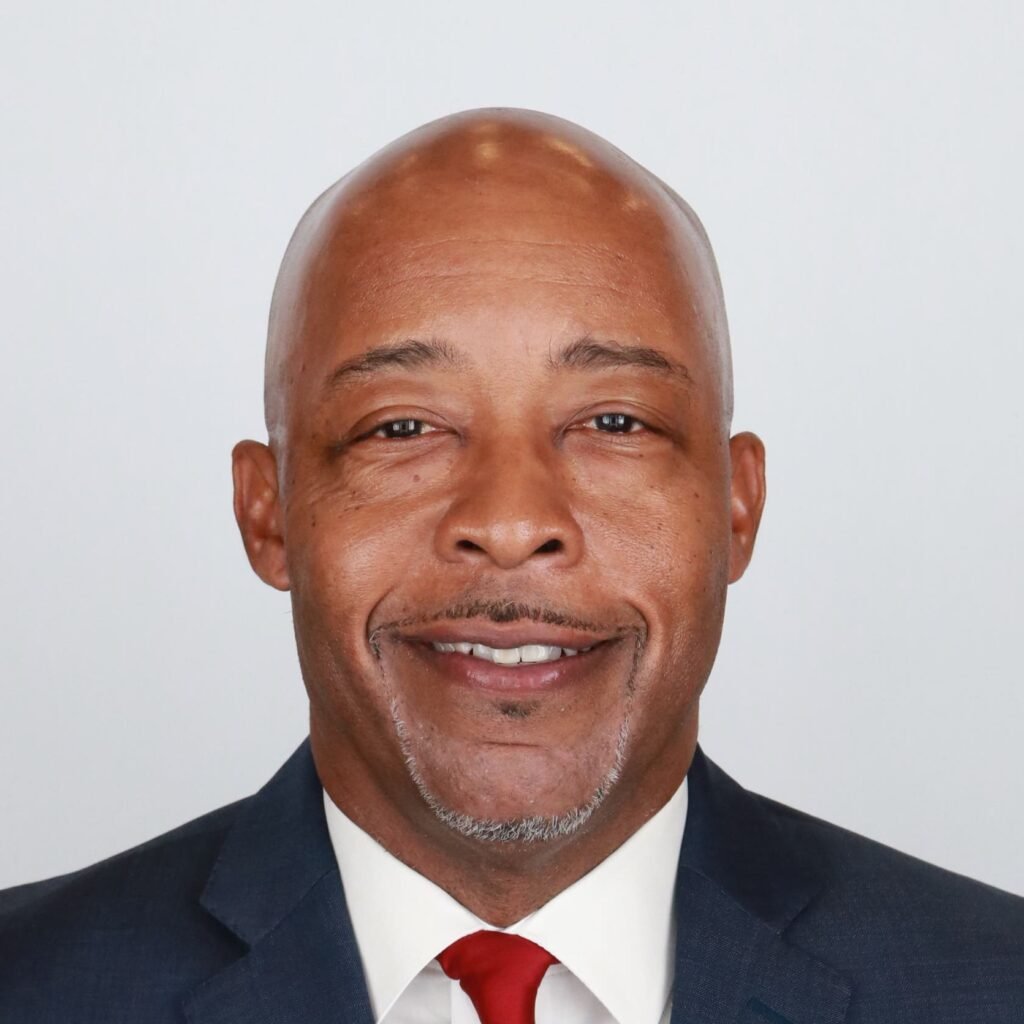Why Behavioral Health Billing Is Unlike Any Other Specialty, And How to Get It Right
In all my years working with healthcare providers, few areas have tested the limits of patience and process quite like behavioral health billing. It’s not just another medical specialty; it’s an entirely different world.
Behavioral health care is not procedure-driven; it’s people-driven. Yet, when it comes to billing, most systems treat it as if it were no different from cardiology or orthopedics. That’s where the challenges begin.
The Core of the Problem: Billing Doesn’t Speak the Language of Care
Unlike other specialties, behavioral health doesn’t rely on clear, physical outcomes. Sessions are often time-based, recurring, and heavily documentation dependent. Each insurance payer interprets those details differently, what counts as a 45-minute session for one may not align with another’s guidelines.
Providers tell me all the time, “Derick, I did everything right in my session why is not my claim paid?”
The answer often lies in documentation nuances, missing session lengths, incorrect CPT codes (90834 vs. 90837), or authorization lapses that seem minor but have huge financial consequences.
In behavioral health, care is continuous, but billing happens in fragments. The system was not built to handle that kind of rhythm.
The Result: Overwhelmed Providers, Underpaid Practices
For many behavioral health clinicians, especially in smaller practices, billing becomes an emotional burden. They didn’t go to school to navigate payer policies or code modifiers, they went to help people heal.
Yet, every day they face delayed payments, repeated denials, and endless administrative cycles. Some even reduce their patient load just to keep up with billing paperwork. That’s not just inefficient; it’s unsustainable.
What Works: Rethinking the Process
Getting behavioral health billing right isn’t about working harder, it’s about working smarter with the right systems and expertise.
Here’s what I have seen truly make a difference:
- Specialized Billing Expertise:
Your billing team must understand the nuances of behavioral health. It’s not about generic RCM knowledge, it’s about reading therapy notes, identifying time-based modifiers, and managing recurring authorizations proactively.
- Authorization Tracking Systems:
Many denials stem from expired authorizations or missed renewals. Automating those reminders or outsourcing that task can drastically improve cash flow.
- Transparent Communication:
Providers and billing teams need an open loop. Clinicians should know how their documentation affects reimbursement, and billers should know how sessions are structured. That bridge prevents rework and denials.
- Data-Driven AR Follow-Up:
AR in behavioral health often lingers because teams chase claims reactively. A structured AR strategy with category-based tracking denials, underpayments, and reprocessing helps recover more revenue with less chaos.
The Bigger Picture: Let Clinicians Be Clinicians
When I work with behavioral health groups, my first message is simple:
“You shouldn’t have to choose between helping patients and running your practice efficiently.”
Billing should support care, not compete with it.
The moment providers can fully focus on therapy instead of tracking claims, everyone wins, patients, payers, and providers alike.
A behavioral health billing process that aligns with the clinical experience is not just efficient, it’s empowering. It gives clinicians back their time and helps practices reclaim their peace of mind.
Final Thought:
Behavioral health deserves its own billing playbook, one that respects the humanity of the care it represents. When processes are designed around empathy and accuracy, success follows naturally.

About Author
Derick D. Perkins, MBA/MHA, CSPPM
Derick Perkins, Chief Strategy Officer at GoSource, brings 25+ years of experience in medical billing and revenue cycle management. He partners with healthcare providers to reduce denials, improve reimbursements, and navigate industry shifts with confidence.



